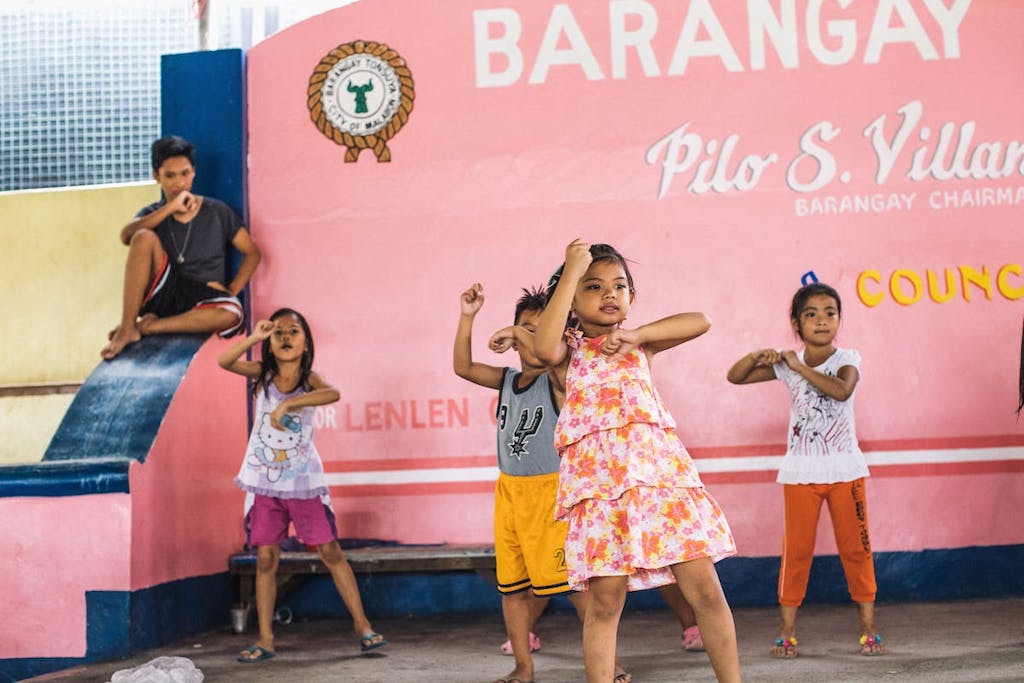Communities cannot rise out of poverty if their children do not thrive. That’s why early learning education and development programs that set a strong foundation for a child’s capacity to learn throughout life are critical to later success. It spans across cognitive, social-emotional and language domains. It’s why the UN has outlined in Sustainable Development Goal (SDG) 4.2, “by 2030, all girls and boys have access to quality early childhood development, care, and pre-primary education so that they are ready for primary education.”
Many approaches are being tried around the globe, but the dearth of robust evidence from impact evaluations has been a challenge to achieving access, equity and quality in early childhood education (ECE). It was difficult comparing disparate data from varying countries’ education evaluations. What our sector needed was an effective global assessment tool that accurately measured, then aggregated and shared the data across multiple contexts.
In response, Save the Children developed IDELA, the International Development and Early Learning Assessment. IDELA is an open-source tool that measures four key areas of early development: social-emotional skills, emergent numeracy, emergent literacy, and motor skills in children ages 3.5 to 6 years. With IDELA, every child is a “data point” and feeds into a collaborative, global knowledge share. IDELA is now used in 70+ countries to aggregate data on what’s working in early education. Food for the Hungry (FH) has launched IDELA in 13 countries where we work, one of its biggest rollouts.
IDELA allows FH to share a common language across different countries. When we refer to “emergent literacy”, for example, our staff around the world automatically think of skills like print awareness, expressive vocabulary, and letter recognition. Implementing IDELA has better informed us about our targeted early learning interventions. In turn, this means we can more effectively ameliorate, implement and advocate for the youngest among us.
Here are three case studies highlighting where IDELA has helped FH pivot and improve ECE.

Emergent Literacy
Low IDELA scores told FH Burundi staff that children here were not acquiring the skills needed for first grade. Emergent literacy was the lowest-ranked domain, which spurred a two-fold approach to increase language development skills.
FH established common play areas in the community, where children can sing and use expressive vocabulary to communicate with peers. At home, FH is training parents and caregivers through Care Groups to have more conversational interactions with their children, including using higher-level vocabulary in daily life. Staff also encouraged households to involve young children in daily activities, like naming items at local shops and markets. We also encourage elevating expressive vocabulary with pictorial books that parents or older children can read together. When our Burundi staff ran into a challenge of finding stories and resources in local languages, they participated in a book translation challenge—which resulted in 158 different children’s books translated into the local language.
A world away, children in the Dominican Republic (DR) also scored low in emergent literacy, especially expressive vocabulary. As a result, our local DR staff recommended building community libraries and establishing parent schools. Now, in 52 neighborhoods across the DR, parents are learning early stimulation practices for their children. By engaging children through books and storytelling, children learn to identify symbols and letters that will be the building blocks of their literacy development. We equipped parents with appropriate tools, even parents who are illiterate.

Social-Emotional Skills
In the DR, the IDELA assessment revealed a surprising trend. Social-emotional skills among children was the second-highest domain after motor skills. That’s the opposite of trends we’ve seen elsewhere, where social-emotional skills usually score lowest. (Our hunch is that the social, Caribbean culture here inherently strengthens these skills within and between families.) In contrast to the DR, we learned there were small gains in social-emotional development in Guatemala.
A child’s social-emotional development is as important as their cognitive and physical development. However, when we are born, we are not born with skills like empathy or awareness of our own feelings. It takes practice. IDELA data revealed to our Guatemalan staff that children don’t often play together. So, they began encouraging play and provided games and materials to help build early social capital. Our staff implemented early stimulation training modules into their Care Groups to raise awareness about social-emotional learning. They are also training others who interact with young children, including healthcare facility workers and pre-school teachers.
Emergent Numeracy
When children in Bangladesh scored low across the four IDELA areas, FH staff took a closer look at the data. They identified emergent numeracy as a particularly struggling domain. In fact, 40 percent of children completed less than half of the activities correctly on the IDELA assessment.
In response, our staff decided local preschool teachers needed improved training and classroom materials. They provided number charts, posters of different geometric shapes, and basic arithmetic resources to improve number recognition. In addition, staff encouraged caregivers to involve children in daily activities like counting chickens and other livestock. Caregivers began to prioritize setting aside time to interact with their children, as they went about their daily chores.
Consistent Assessment Makes a Qualitative Difference
IDELA has become critical to informing the work of our early childhood development practitioners. One day, we hope this innovative measurement tool will lead to even more holistic approaches that will someday encompass spiritual or invisible dimensions of overcoming poverty, such as the emergence of hope and care for others. When we better understand and meet the early needs of every child, encouraging them to flourish in every sphere, that “data point” and “outcome” will be a child with a more promising future.
Continue Reading:
5 Podcasts for Learning About Culture and the World
Education is a Privilege, Not an Obligation
These Story Books Will Change the Next Generation in Burundi


